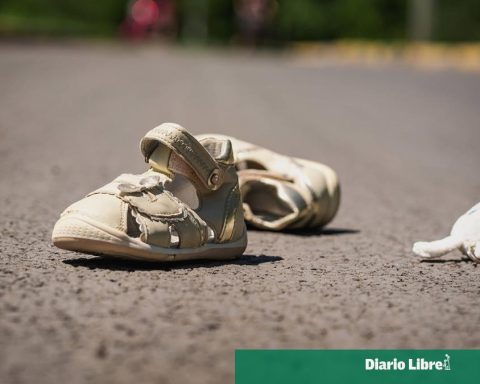The iinflation in Argentina in September it was 3.5%, representing a slowdown compared to the 4.2% registered in August. Despite this reduction, accumulated inflation in the last year reached 209%, keeping Argentina as the country with the highest inflation in Latin America.
In the first nine months of the year, the price increase escalated to 101.6%, reflecting the persistent inflationary pressure that has affected the country. This situation has been one of the main concerns for the government and the population, since the inflation High prices erode purchasing power and generate economic uncertainty.
One of the measures that the government implemented to try to control inflation was the reduction of the PAIS (First Action for Investment and Growth) tax. This tax, which levied on imports and freight, was reduced from 17.5% to 7.5% as of September.
This measure was expected to have a positive impact on prices, as it would reduce import costs and, in theory, be passed on to consumers in the form of lower prices.

The impact of the reduction in the PAIS tax has been mixed. On the one hand, some sectors have seen a reduction in the prices of imported products, which has contributed to the slowdown of the inflation in September.
However, other analysts have noted that the tax reduction has not been enough to fully counter inflationary pressure, and that other factors, such as high demand for foreign currency and political uncertainty, continue to put pressure on prices.

Worry
In addition, the reduction of the PAIS tax has raised concerns about the fiscal impact. The tax reduction has decreased government revenue, creating challenges in balancing the budget and maintaining economic stability.
Some economists have argued that, although the measure has had a positive effect on the inflationit is necessary to find new sources of income to compensate for the loss generated by the tax reduction.
follow us on Google News and on our channel instagramto continue enjoying the latest news and our best content.


















